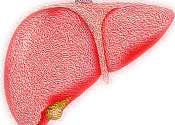Study shows metabolic health before vaccination determines effectiveness of anti-flu response
Metabolic health (normal blood pressure, blood sugar and cholesterol levels, among other factors) influences the effectiveness of influenza vaccinations. Vaccination is known to be less effective in people with obesity compared ...
Apr 18, 2024
0
26









